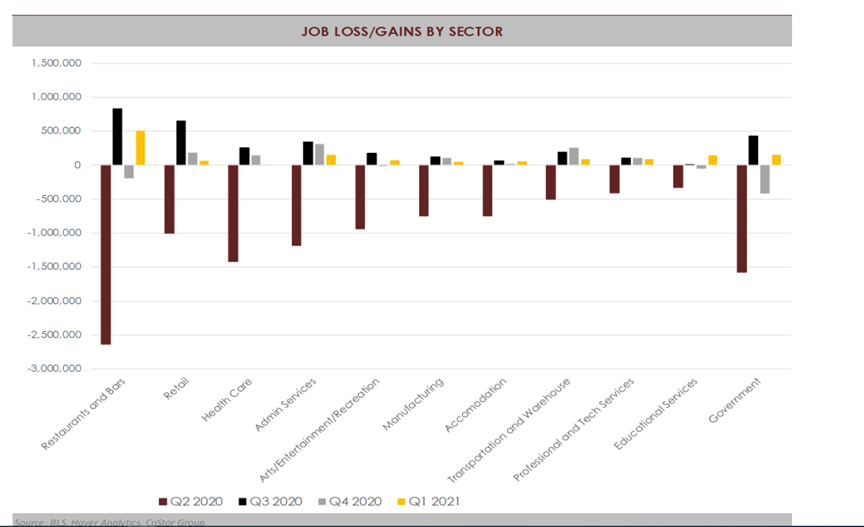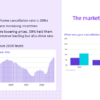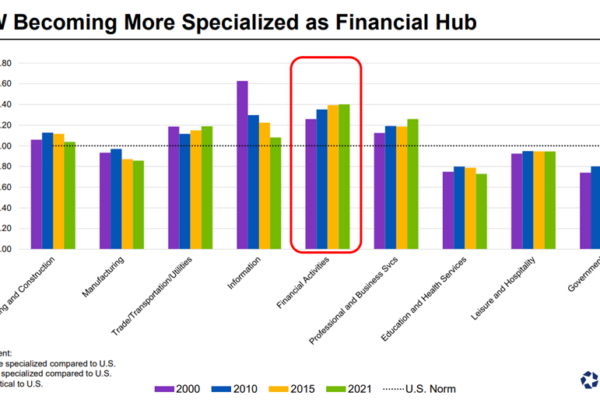Dallas May 2021 – Key Take Aways
- • Steve Bruszer of Spring Valley Construction Company began by saying he’s “sorry for being the bearer of bad news” and went on to share information on how lumber prices continue to substantially increase. He shared that lumber has gone up in price 400% in the past year and continued by stating “this is some wicked volatility”.
• The demand for real wood is at an all time high and the materials are scarce. Also, all products from “studs to panels still have long lead times and are at all-time high prices”.
• “Businesses and properties are selling like crazy” according to Howard Fuerst of Ten-X. He continued to share that the average views on a property are close 2,400 views and nowadays the average number of views are closer to 9,300.
• Jim Smith with Smith, Jackson, Boyer & Bovard shared a PowerPoint slide regarding possible “corporate, international, energy and real estate revenue options”:
o Raise the corporate income tax rate 28% (possible compromise at 25%)
o Enact a 15% minimum tax on book income (define “book income” – “what about small/non-public corporations)
o Focus on ultra-low corporate tax rates in foreign jurisdictions
o Incentivize new research and development
o Provide incentives for clean energy production
o Address corporate tax avoidance
o No deductions for “offshoring”, tax credits for “onshoring”
o Eliminate tax preferences for fossil fuels
o 1031 Exchange Limitations: tax deferred only on the 1st $500K of gain
• Guest speaker Mark Lowery, President of Lowery Property Advisors. “LPA” provides industry-leading valuation services for a diverse array of clients. Their broad knowledge of commercial real estate trends and access to the latest in market research have made them a trusted partner of lenders, legal professionals, brokers, buyers, and sellers. When COVID-19 began in March 2020, LPA created a survey and called approximately 1,000 different professionals because they felt that as a professional appraisal firm, they needed insight on how COVID was affecting various groups/industries. Here are a few highlights Mark shared in his Presentation with regards to different major property types and how they specifically are being affected by the virus:
• Hotels remain the hardest hit property type to date. As travel restrictions have been placed, hotel rooms have been empty. While the impacts have been felt heavily in all classes of lodging, the damage its proportionate. Most current hotel occupancy is coming from the economy class, as those who are traveling are opting to stay at less expensive, limited-service hotels. Luxury hotels that rely on group and convention demand have been the lost heavily affected.
• The industrial sector has been one of the least affected property types through the pandemic. While activity and leasing slowed given restrictions, increase space needs from the e-commerce sector has placed upward pressure on the demand for quality industrial space.
• Many office landlords are feeling the effects COVID-19 due to unemployment increasing and economic activity dropping, the demand for office space in the short term decreased. This weak demand has increased vacancies, put downward pressure on rents, increased concessions, and slowed lease-up of vacant space. While demand has increased as the economy has recovered, the work from home phenomenon has gained popularity and technology has made it easier to accomplish.
• The retail sector is among the hardest hit property types. While the emergencies of ecommerce were already shifting space needs for producers, the pandemic has caused this shift to accelerate even further. However, the pandemic has not doomed all traditional retail, as many retailers have adjusted to the pandemic. Sporting goods, home improvement, and grocery stores have been strengths while service-oriented retail such as restaurants and clothing stores are still experiencing the strain. However, as the vaccines continue to progress through society, pent-up demand should improve these businesses.
• COVID-19 affected virtually all industries in a negative way. Of the 31 major employment sectors defined by the Bureau of Labor Statistics, 27 set a single month record for job loss in March 2020. Virtually all industries have seen net improvement as time has progressed but climbing case numbers at the end of 2020 slowed the pace of growth as reopening procedures were paused across the country.






Recent Comments